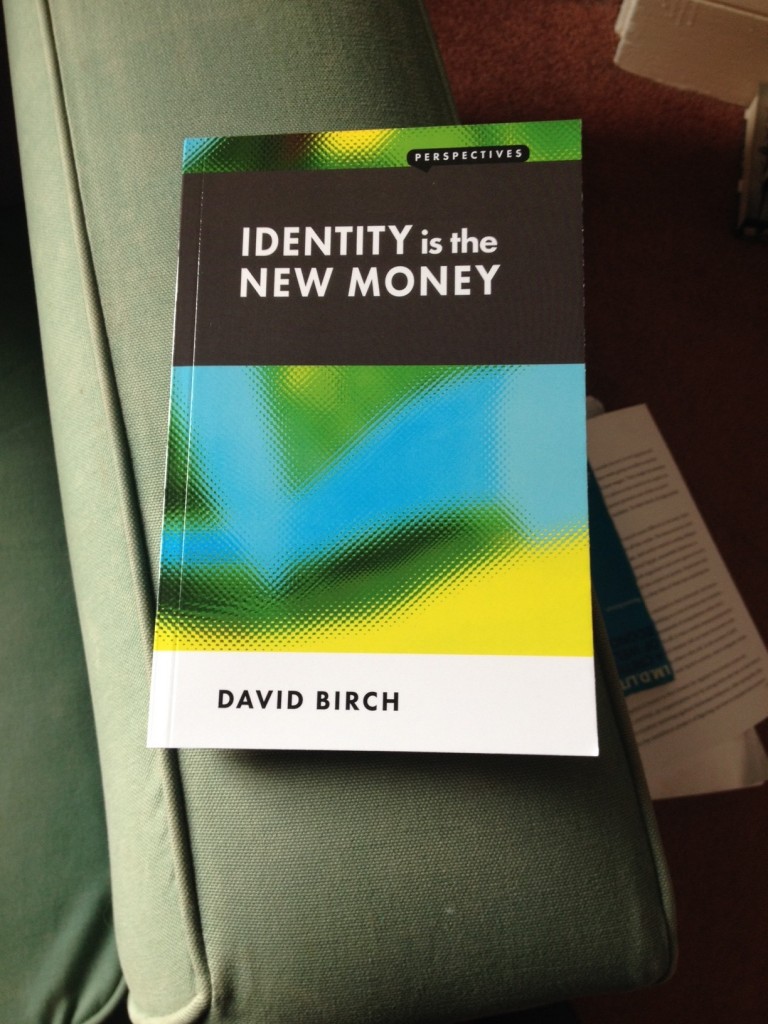Nigel Dodd’s [amazon_link id=”0691141428″ target=”_blank” ]The Social Life of Money[/amazon_link] is fascinating. I’ve never understood money and don’t think I do yet. One of the signs of its abstraction as a concept is the way people bring their own interpretations to it, perfectly plausibly.
[amazon_image id=”0691141428″ link=”true” target=”_blank” size=”medium” ]The Social Life of Money[/amazon_image]
In my first ever job, in the Treasury in the mid-1980s, I had the task of looking at the properties of different linear combinations of deposits, all corresponding to different definitions of money – not that I over-thought it at the time. Economics textbooks over the years have blithely carried a completely fictional, institution-free account of the money multiplier, and give us probably the least plausible explanation, typically – and unhistorically – claiming money emerged from barter trade.
Information scientist Jaron Lanier’s book [amazon_link id=”0241957214″ target=”_blank” ]Who Owns The Future[/amazon_link], which I’m currently reading, says, “Money is simply another information system.” Digital identity and currency guru Dave Birch tells us [amazon_link id=”1907994122″ target=”_blank” ]Identity is the New Money[/amazon_link]. This echoes Keith Hart in his classic [amazon_link id=”1861972083″ target=”_blank” ]The Memory Bank[/amazon_link]: “The two great memory banks are language and money. Exchange of meanings through language and of objects through money are now converging in a single network of communication, the internet.” Another anthropologist David Graeber in his tome [amazon_link id=”1612191290″ target=”_blank” ]Debt: The First 5000 Years[/amazon_link] rooted money in group cultures. Nigel Dodd is a sociologist so he gives us the sociological perspective.
[amazon_image id=”1861972083″ link=”true” target=”_blank” size=”medium” ]The Memory Bank: Money in an Unequal World[/amazon_image] [amazon_image id=”1612191290″ link=”true” target=”_blank” size=”medium” ]Debt: The First 5,000 Years[/amazon_image] [amazon_image id=”1907994122″ link=”true” target=”_blank” size=”medium” ]Identity Is the New Money (Perspectives)[/amazon_image] [amazon_image id=”0241957214″ link=”true” target=”_blank” size=”medium” ]Who Owns The Future?[/amazon_image]
Dodd’s book starts by looking at the various origin myths and links each to current (sociological) monetary theories. It then takes money by theme: capital, debt, guilt, waste, territory, culture and utopia. The chapter covering the terrain most familiar to economists is that on debt, but it takes an entirely different perspective, with Keynes and Minsky the principal economists named here. The chapter’s conclusion gives its flavour: “A monetary system that i defined by an over-arching orientation toward the interest of creditors is inimical to democracy. …. Democracy, or society, now appears to be in open conflict with the needs of finance. Debt is no longer facilitating capitalism, it is driving it.”
In a way, I found this book very heavy going because it is written in the language of sociology, and with lots of references unfamiliar to me. But it’s good for any of us to look through the lens of a different discipline. I find Dodd’s conclusion persuasive – that money is not a thing but a social process. This tallies with Dave Birch’s argument that the combination of ubiquitous mobiles and their record of a dense social graph means digital identity is fast becoming the latest manifestation of money.
Dodd also presents the paradox that money is both outside the realm of values it describes, as the means of measurement, and inside it as a particular commodity with a value – he quotes [amazon_link id=”0415610117″ target=”_blank” ]Georg Simmel[/amazon_link] as saying money is both the measure and measured. And he links this self-referential character to the capacity for financial bubbles and crises to inflate themselves. True value lies in the social life of money, in the activities of human societies.
[amazon_image id=”B0092JLXJW” link=”true” target=”_blank” size=”medium” ]ThePhilosophy of Money by Simmel, Georg ( Author ) ON Apr-01-2011, Paperback[/amazon_image]
What this means for monetary policy is another matter entirely, and Nigel Dodd’s forays into economics are far less persuasive – not that there seems to be a more compelling approach to money on offer from the macroeconomists either at the moment. Sticking a bit of ‘institutional’ friction into DSGE models to represent the banking and shadow banking sectors can only be a sticking plaster until monetary economists start to take seriously the insights to be drawn from sociologists and others.

